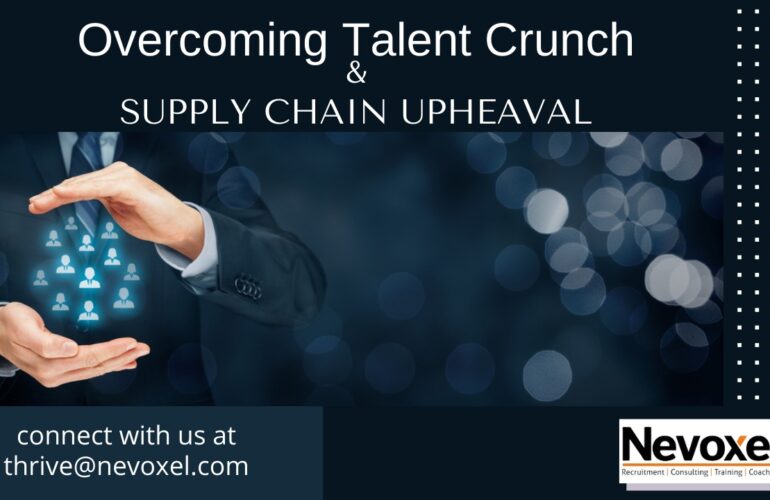AGILE HR: FUTURE OF HR
In common parlance or layman’s terms “continuous innovation with a flexible approach” can be used to describe agile closer to the actual meaning. The agility element in thinking and executing with the final objective in mind, without creating complexities around the ways of doing things is agile. In other words, an agile methodology is an iterative approach to developing initiatives and solutions, structured around experimentation, integration, and review, and supported by a trusting and collaborative culture.
Why Agile now?
In the VUCA world, (Volatile, Uncertain, Complex and Ambiguous) Organisations are required to quickly change business models, practices, processes, offerings, etc which is what agile principles are harping on, and hence the time to imbibe agile practices in organizations are more relevant in the current context than any preceding times.
Agile in HR: Mindset and Principles
Agile as a methodology is based on certain values/principles from where narratives for adaptation for people management practices can be drawn. Implementation of agile requires an understanding of agile manifesto and translating them into how in HR, the adoption can be made possible.
Challenges in the adoption of agile methodology in HR can be daunting as it is needed to be clearly understood that more than the adoption of any principles or practices, it is more of a shift in mindset requiring wholehearted support and conviction from employees of all levels especially the leadership.
The biggest and foremost battle to be won in implementing agile practices in an organization commences from the mindset change, gearing to shift to an agile mindset.
Agile Mindset
Agile mindset is essentially the drift in the values/belief systems with a specific focus on specific attributes reflected in the organizational ways of working, The attributes or behavioral tenets which indicate the agile mindset are depicted in the below picture.

The mindset shift though appears easier requires a tremendous amount of energy in practice. The willingness to give and receive feedback frequently, without considering one’s position in the hierarchy is not easily accepted and acclimatized in an organization. The mindset of continuous improvement which calls for open and frequent communication to make iterative attempts to bring changes does necessitate a shift from the initially agreed plans that are normally considered sacrosanct.
How does Agile HR is different from traditional HR?
Traditionally HR is likely to focus on standardization and or uniformity in processes and operations with limited or very limited flexibility. The traditional approach of HR has a more strong focus on the role and hierarchy with a definitive career path, competencies, and alignment thereof with the performance management.
Agile, on the other hand, bolsters flexibility in operations with more focus on collaboration than the individual. The freedom to operate in career pathing, learning, goals, etc as per the agile principles enables HR to function differently from the traditional ways of operations.
Implementing Agile in HR: Agile HR practices in real life
Agile HR has the capability to ensure a higher degree of employee centricity in people management operations for being adaptable and simple compared to traditional people operations.
The agile HR practices would majorly focus on two dimensions to ensure the people management operations are reflecting the agile principles viz;

Embracing agile practices in HR would necessitate reasonable translation of agile principles in HR practices without compromising dilution of the agile principles. Though, below depiction may not necessarily be used as “one size fits all”, the exhibit certainly indicates possibilities of integration of agile principles in people management operations.

Challenges in the adoption of agile methodology in HR can be daunting as it is needed to be clearly understood that more than the adoption of any principles or practices, This is more of a shift in mindset requiring wholehearted support and conviction from employees of all levels especially the leadership.
Author: Rajesh Balasubramanian, Managing Partner & Lead – HR Advisory, Nevoxel
Senior HR professional and enterprising leader with over 20+ years of experience in designing and executing interventions aligned to organizational priorities delivering consistent results as an external consultant and functional head in the people management domain.
A change catalyst, advocating HR transformation with people and technology as the enablers while developing interventions, with employee experience and capability development of individual and organization as outcomes with a focus on data-driven decisions. He is highly experienced in working with CXO, Board of Directors, and external consultants with adequate expertise in understanding business imperatives and plans while formulating appropriate interventions. He has a strong track record of managing projects successfully across India and the Middle East region.



